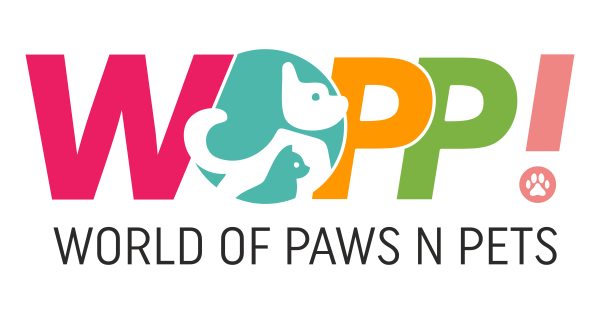Is it a good idea to share your meal with your pooch? While pets are just like our family members and eating with our loved ones brings joy and happiness, we should resist temptation of feeding them what we are eating simple because we digest our food in a different way than our pets. Their meal bowl should instead have dog-friendly ingredients to boost their health and prevent them from deadly diseases. Chapatis, biscuits, sweet and salty treats to processed foods can be harmful for your furry friends and must be kept away from them.
“While dogs may seem like they can eat and digest anything, it couldn’t be farther than the truth. Be it dry food, wet food or home-cooked food, certain ingredients need to be avoided when it comes to dog food,” says Dr Dilip Sonune, Veterinary Officer, Wiggles.
Here is a list of ingredients should never include in your pooch’s food.
1. Gluten
A dog’s digestive tract is not built to digest wheat-based products which include refined flour. Keep wheat-based chapatis and biscuits away from your pets as that may lead to persistent diarrhea, loss of coat health, and more. Dogs that are sensitive or allergic to gluten can develop small intestinal inflammatory disease.
2. Sugar
Artificial sweeteners and sugar are other common household items that are toxic for dogs. Biscuits contain sugars that can lead to canine diabetes and also cause weight issues and even lead to bad teeth health. It can cause and diarrhea. Xylitol is another artificial sweetener found in peanut butter that can cause liver failure in dogs. Natural sugars present in pet-safe fruits and vegetables are okay to consume as even dogs need sugars in the form of glucose to create energy.
A spiked blood sugar level, which results from a high sugar intake leads to inflammation of the scalp. This leads to loss of quality and quantity of hair which causes dandruff, dryness and damaged hair follicles.
3. Salt
Pet food is required to include less than 1% salt in a complete and balanced diet. Salt is usually found in sufficient quantities in pet food since manufacturers add salt to pet food for flavour and to encourage drinking water. High levels of salt can contribute to high blood pressure and other health conditions including stomach cancer, stroke, and cardiovascular disease.
4. Genetically Modified Organisms (GMO)
Just like humans, dogs too can’t escape the harmful effects of genetically modified crops and food products. Herbicides and pesticides wreak havoc on their organs leading to internal damage. They can also cause a host of skin and food allergies, a weakened immune system and cognitive impairment. It’s best to go with dog food that follows the AAFCO Nutrient Profile and claims to be non-GMO. Raw food is often found low on these parameters but it’s best to consult your vet before changing your pet’s diet.
5. Artificial food coloring
Dogs cannot see colours, yet artificial colours are often added to make dog food look visually appetizing, not for dogs but to the eyes of their parents. The most common food dyes (Blue 2, Red 40, and Yellow 5 and 6) are linked to hyperacidity and extreme allergic reactions to food in dogs. It’s a good sign if your dog food changes colors over time because it means that natural human-grade ingredients were used.
6. Vegetable oil
Vegetable oil is primarily composed of corn and soybean oils. If added to processed pet food, it may be in excess which could be a trigger for inflammation. This can negatively affect your dog’s joints and worsen their hip and joint pains, and cause arthritis. On the contrary, corn flour and soy flour are safe for dogs to consume.
“Pet parents should remember that human food is not equal to dog food. Our digestive systems are more complex compared to dogs and giving them food, we cook at home might not be considered a balanced and complete meal. There are certain antioxidants, vitamins and minerals besides omega fatty acids that dogs need, but can’t produce by themselves. Hence, choose the right nutrition for your dog for a healthy, active and happy pet,” concludes Dr Sonune.



